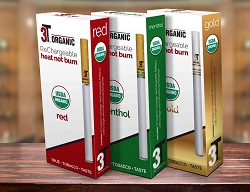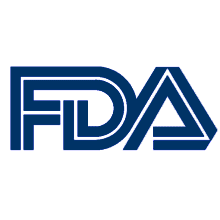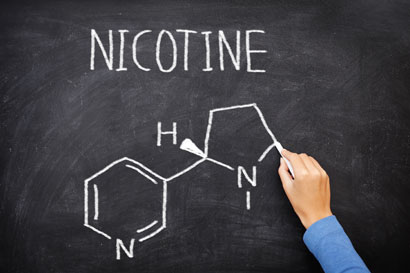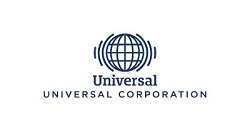The value of Alliance One International’s sales during its second quarter to the end of September, at US$447.3 million, was increased by 14.9 percent on that of the second quarter to the end of September 2016.
The increase was said to have been due primarily to the production of a larger South American crop and a 12.4 percent increase in average sales price due to favorable product mix.
At the same time, gross profit increased by 37.9 percent to US$69.3 million and gross profit as a percentage of sales improved to 15.5 percent from 12.9 percent last year.
Net income was US$1.0 million and adjusted EBITDA improved 40.5 percent to US$49.9 million.
In announcing the company’s results for the second quarter and first six months, president and CEO Pieter Sikkel said that AOI had achieved solid sales growth during the second quarter, and that volume was increasing as crop sizes had returned to more normal levels in many key markets.
Sales were planned to improve throughout the fiscal year, with each subsequent quarter building on the prior, based on the timing of crops and processing in the growing regions.
“Through the first half of this year total kilos sold increased 2.1 percent to 153.2 million kilos and sales increased 11.3 percent to $724.3 million this year versus last year as a result of the larger South American crop, increased customer demand primarily from Asia and Europe, and a 9.5 percent increase in average sales price due to favorable product mix,” said Sikkel.
“Lamina as a percentage of total sales was 14.2 percent higher when compared to last year. Additionally, the 2017 Brazilian crop now being sold is of higher quality than the El Niño-affected 2016 crop.
“Gross profit increased by 16.2 percent to $98.0 million for the first six months of this year and gross profit as a percentage of sales improved to 13.5 percent from 13.0 percent last year.
“These improvements were driven by sales that increased by 11.3 percent while total costs of goods and services sold only increased 10.6 percent.”
Sikkel said that the company was implementing initiatives that should grow its business platform, while continuing to enhance its sustainability and track-and-trace capabilities.
In addition, the company had recently made a further investment to expand its e-liquid capability and footprint established initially with its investment in Purilum, a leader in e-liquids and flavoring. Purilum had won the 2017 Golden Leaf Award for the company most committed to quality, affirming AOI’s commitment to high quality next generation products and their future.
“Future prospects for our business are bright and we are excited about developing and maximizing future opportunities that should drive improved profitability and enhanced shareholder value,” Sikkel said.
“We are taking measured steps to strengthen our preferred supplier role with customers, further developing our position as a key supplier for both traditional requirements as well as next generation reduced risk products.”









